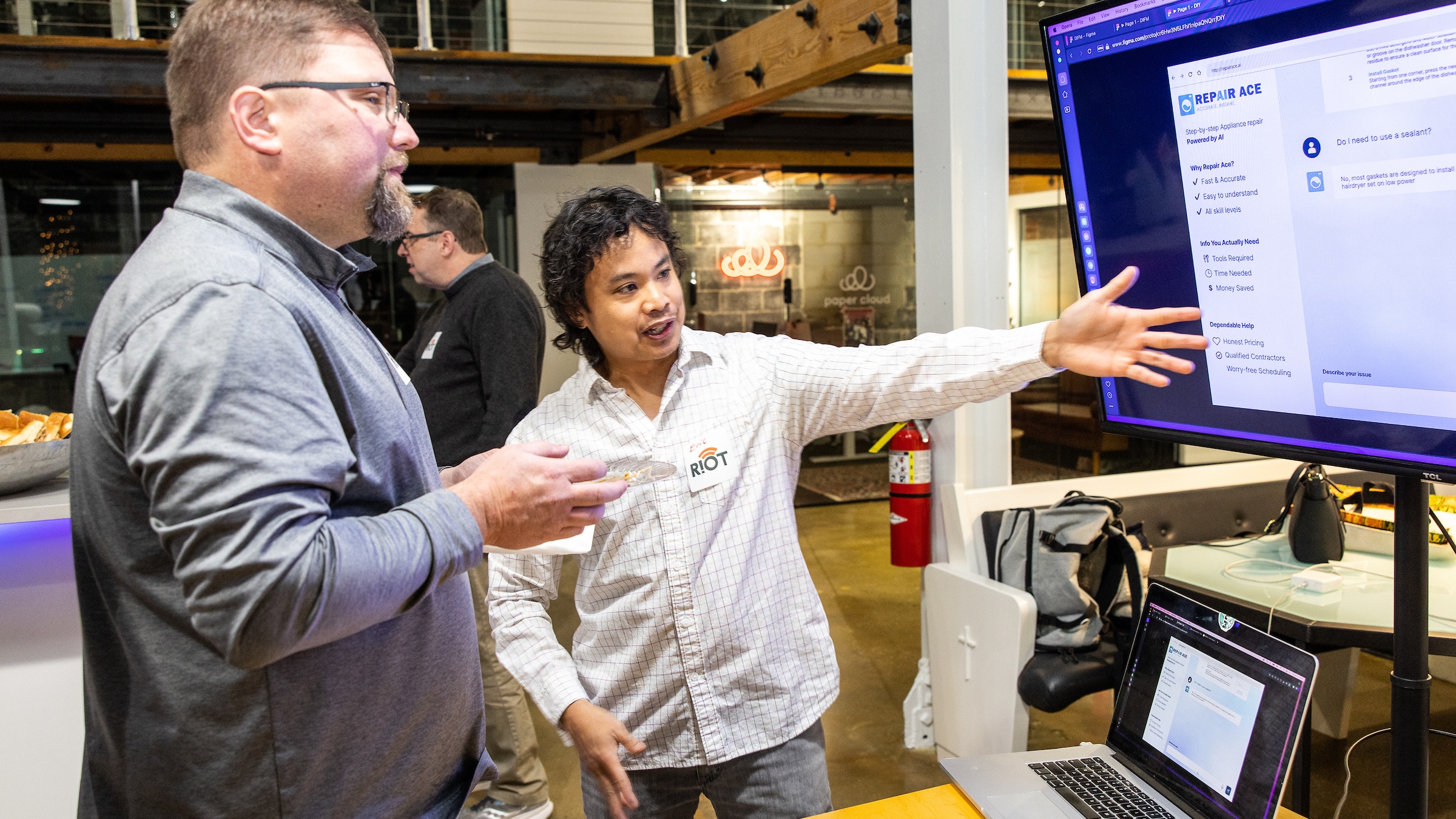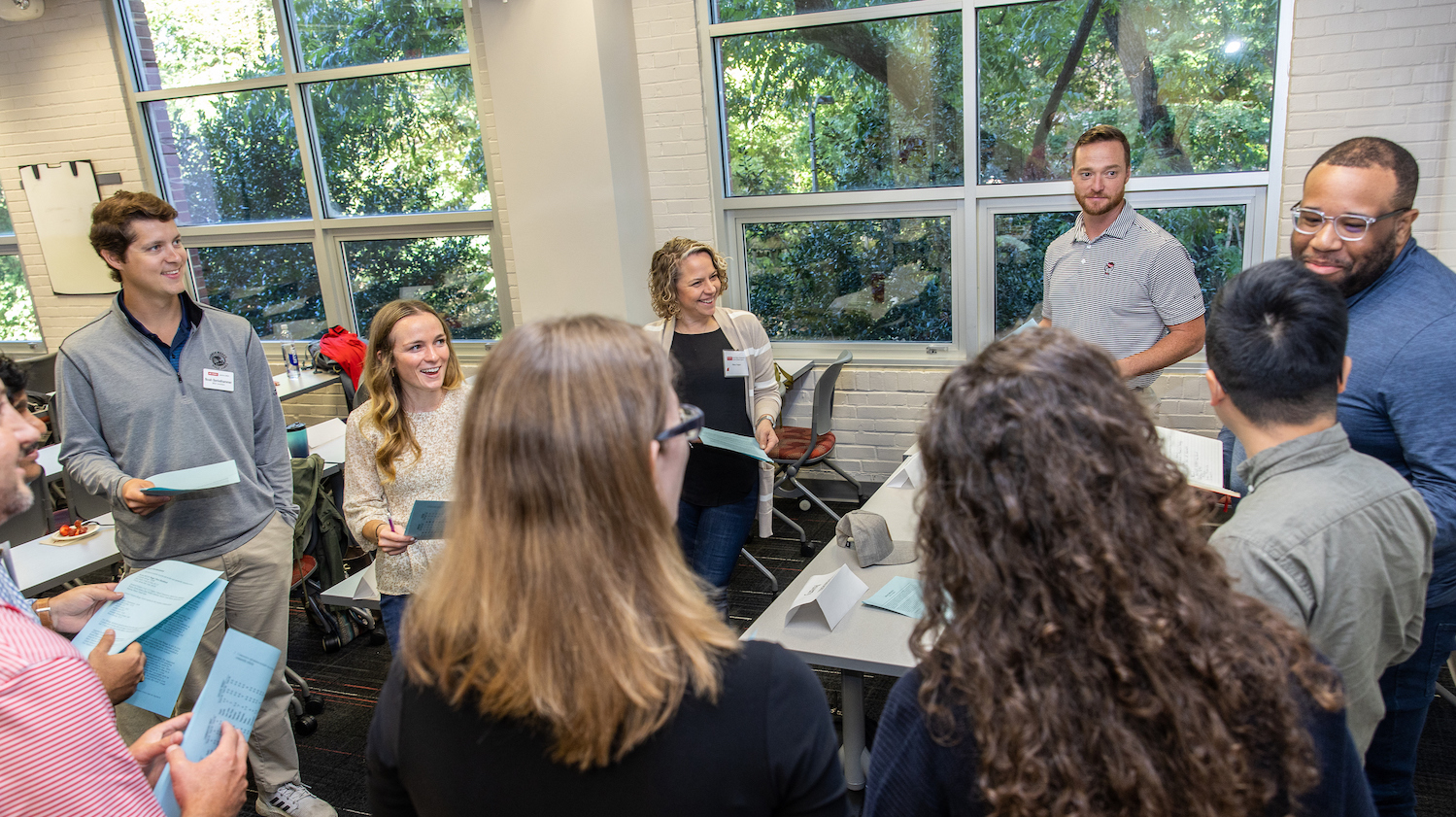Top 5 things undergrads can do…
Are you an undergrad already thinking about an MBA? Read Admissions Director Jen Arthur’s tips for optimizing your changes of being admitted into the MBA program of your choice. This post was submitted by NC State Jenkins MBA Admissions Director Jen Arthur. You can reach her at mba@ncsu.edu.
The average work experience of full-time MBA students can vary by program, although most prefer their applicants to have several years of full-time, professional work experience. At NC State’s Jenkins MBA Program, the average work experience for our full-time program is approximately 5 years.
Why is work experience important in a full-time program? Students who come into a program with prior work experience are typically:
- More attractive to recruiters for internships and jobs
- Better able to contribute during class discussions
- More likely to understand the skills they are lacking (and want to gain in an MBA program), and how to apply those new skills in the work environment
But what if you decide you’d like to get started early? Here is a list of the top 5 things you can do now.
1. Prepare for your standardized test. We require applicants to take the GMAT or the GRE, although waivers are available to qualified applicants. You’ll want to give yourself plenty of time to study and to practice and you should take advantage of the many test prep materials and online study tools that are available. When you do the online practice test, consider doing so in a public setting (the library, a coffee shop, etc.) where you can wear headphones but will also have some distractions around you. This will mimic a test environment more than simply practicing in a private room in your home.
2. Perform to the best of your abilities in your classes. If your work experience is below the average of the program to which you’re applying, you’ll want to compensate in other areas, such as your standardized test and GPA. You may also consider adding some quantitative-based courses into your curriculum, as some programs prefer to see a calculus or statistics course prior to the start of MBA courses. Check with any programs you’re considering to see if they have any prerequisite courses you can incorporate into your undergraduate curriculum.
3. Focus on securing quality, professional internships that will give you exposure to leadership opportunities each summer.Working with a reputable company and building your skillset can go a long way with the MBA program admissions committee.
4. Get involved in student organizations and volunteer organizations. In addition to being a great way to help others, this can also be an excellent way to build your leadership skills and expand your network. You’ll have the opportunity for personal growth, as well as a greater connection to your community.
5. Research local networking opportunities and see how you can participate, particularly in industries that are of interest to you. You can also check with your local Chamber of Commerce and learn about opportunities for young professionals. So much of the MBA experience is about networking and taking steps like this during your undergraduate career shows dedication and initiative.
Deciding to pursue your MBA is a big—and exciting—step! Whether you hope to begin right away or after you’ve gained some full-time work experience, it is never too early to begin the preparation process. Follow these steps, and you’re well on your way.
- Categories:


